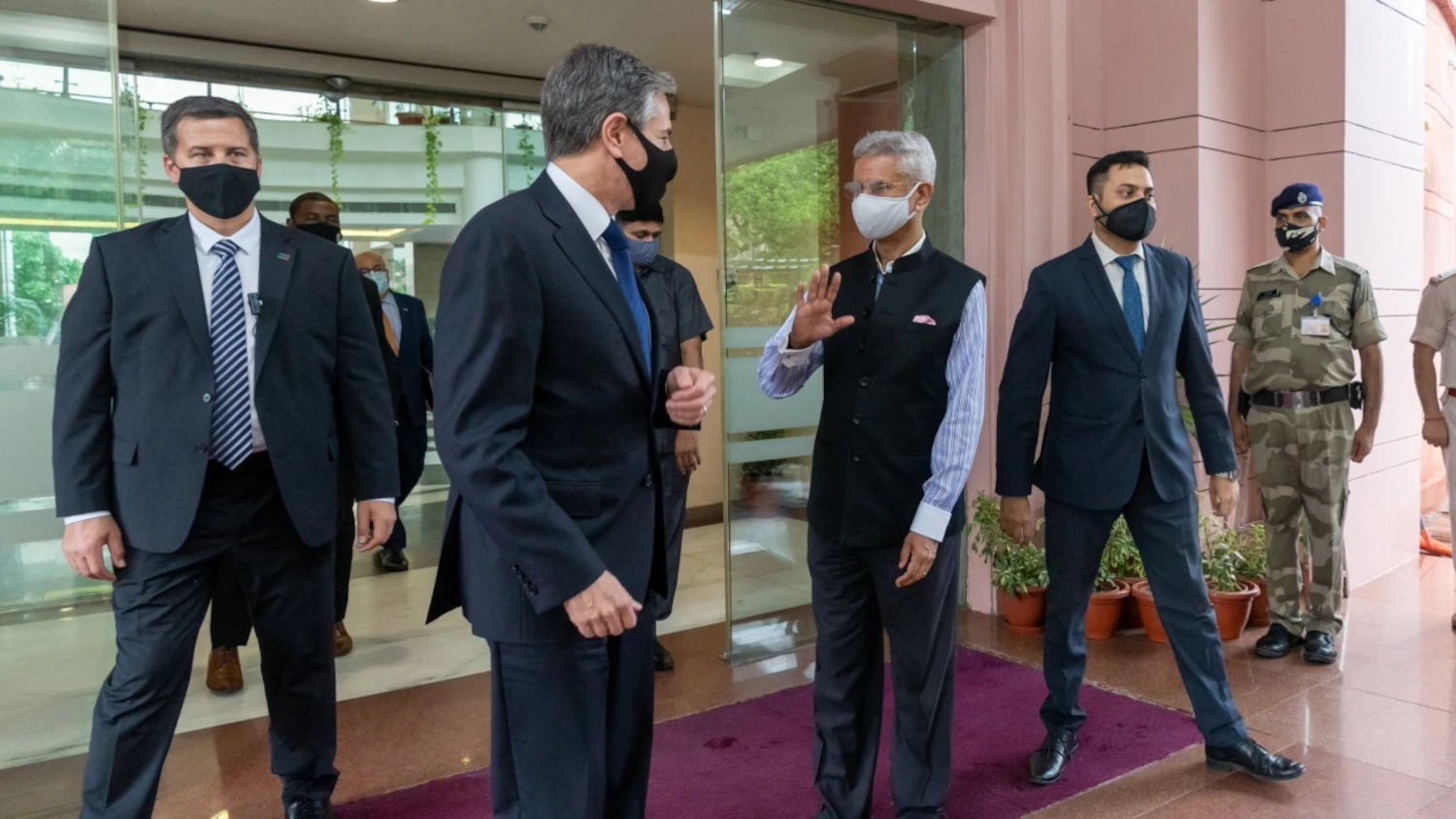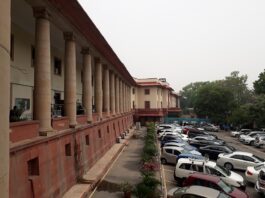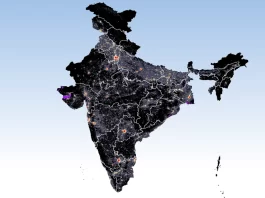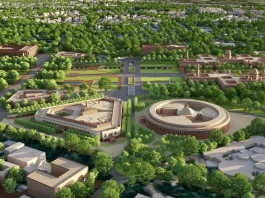The Modi government reiterated it would grant state status to Jammu and Kashmir “at an opportune time” after the situation in the region returns to normal. The possible move on statehood was first announced on June 24, when 14 politicians from Jammu and Kashmir met with Prime Minister Modi for the first time, after his government abolished the special status of the state on 5th August 2019 and split the state into 2 union territories.
In a written statement, the Minister of State for Home Affairs Minister Nityanand Rai stated that the statehood status decision for Jammu and Kashmir will be taken at an appropriate time in the Indian parliament. In a separate statement Rai claimed that “terrorist” incidents in Jammu and Kashmir decreased by 59 percent in 2020 compared to 2019 and by 32 percent by June this year. Rai added that the government has adopted a zero-tolerance policy against terrorism. It is speculated that the statehood will be granted just before the 2024 general election to capitalise the sentiments.
US Pressure
The move is believed to be under pressure by the US government. It is speculated that the June 24 meeting with the J&K politicians was held in view of the arrival of US Secretary of State Antony Blinken on 27th July.
During his stay, Blinken met with Prime Minister Narendra Modi, National Security Advisor (NSA) Ajit Doval and External Affairs Minister External Affairs Minister S Jaishankar.
After the bilateral talks yesterday, Blinken told the press about his conversation on “shared values” of democratic freedoms with India.
“One of the elements that Americans admire most about India is the steadfast commitment of its people to democracy, pluralism, to human rights and fundamental freedoms,” said Blinken, replying to a question about whether he had raised a recent “backslide” in India’s human rights record.
In his defence to the international criticism of the Citizenship (Amendment) Act and the government’s moves on Article 370 in Jammu and Kashmir, the EAM Jaishankar claimed that it was a burden of “accumulated problems” of history, and has defended Internet restrictions as required for maintaining law and order.






